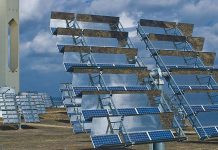
.
Fuel with recycled plasticA Canadian company made a reflection, very correct by the way, on the fuel production. It was the following:
If the plastic comes from oil and much of it cannot be recycled… Would it be possible to recover those hydrocarbons it contains?
The answer is Yes. This company manages to convert 98% into fuel.
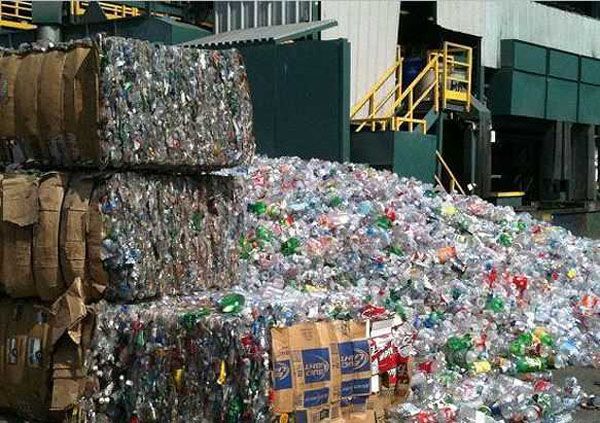
If you are one of those you recycle plastic to avoid the absurd consumption of resources and help the environment You may not know that much of the plastic you use today is not recyclable. In a process not very ecologicalActually, some of this plastic is incinerated to generate electricity. Although the vast majority, unfortunately, end up in landfills.
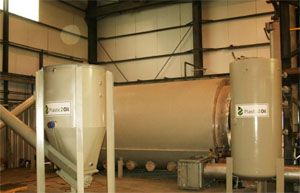 Fortunately, the Canadian company JBI has become aware of this serious environmental problem and this absurd loss of resources. You just developed a process that convert plastics into fuel (originally they were petroleum). Let’s see how that process works:
Fortunately, the Canadian company JBI has become aware of this serious environmental problem and this absurd loss of resources. You just developed a process that convert plastics into fuel (originally they were petroleum). Let’s see how that process works:
Plastic2Oil starts by washing those non-recyclable industrial and commercial plastics.
They then roast through a shredder and mill (the system handles almost a tonne, 816.5 kg, at the same time).
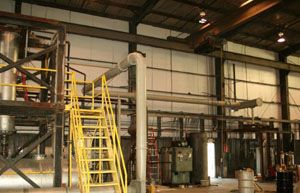 After this, it is heated in a chamber and then passed to the main reactor. There, a secret compound breaks the hydrocarbons in the plastic into short chains of hydrocarbons. This ensures that the gas comes out in a gaseous state.
After this, it is heated in a chamber and then passed to the main reactor. There, a secret compound breaks the hydrocarbons in the plastic into short chains of hydrocarbons. This ensures that the gas comes out in a gaseous state.
Those gases, which contain gasoline and diesel, are captured, compressed and stored. They can then be condensed and separated, so the resulting liquid fuel is stored in temporary tanks.
On the one hand, the methane, ethane, butane and propane “out of gas” from the tanks, and, subsequently, they are compressed and stored. Butane and propane can be liquefied on compression, so they can be stored and sold later. The other gases are used to generate the electricity that runs the entire system. According to JBI, the emissions to the atmosphere are less than they would be if electricity were produced with a natural gas boiler.
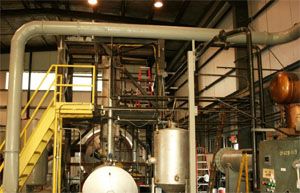 Although it seems complex, the whole process takes less than an hour and almost 90% of the hydrocarbon content of the plastic is captured and converted into fuel. Only 2% of the raw material remains as waste. What is done with it? It can be disposed of while the system is running, it can be taken to a landfill, or it can be incinerated.
Although it seems complex, the whole process takes less than an hour and almost 90% of the hydrocarbon content of the plastic is captured and converted into fuel. Only 2% of the raw material remains as waste. What is done with it? It can be disposed of while the system is running, it can be taken to a landfill, or it can be incinerated.
The small plant can process up to 22 tons of plastic per day and works non-stop. The company is already thinking of expanding and creating larger factories to maximize production capacity and reduce costs. Not all the plants that they want to open will be their own, but some will be managed by other companies.
Will any Spanish businessman be encouraged to bring this technology here?
Will this much more ecological and clean system end up prevailing over the traditional one? Let’s hope so.
.
Font: news.cars.com
.

